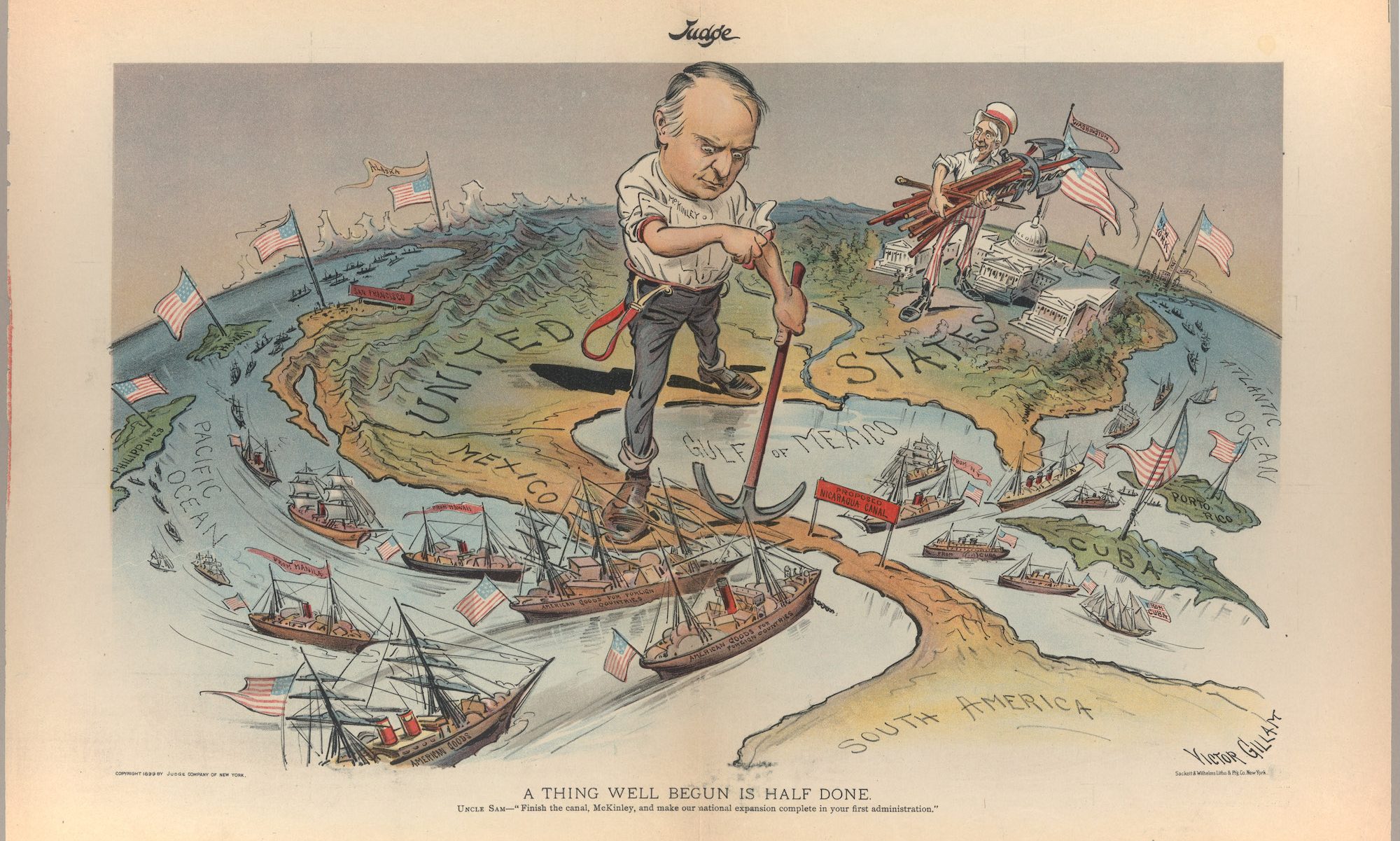If you’re an aspiring Ph.D. student who wants to study with me, there are a few things you should know:
- I’m interested in working with students who bring together some combination of international relations theory, U.S. foreign policy, U.S. domestic politics, and popular culture. If you check two of these boxes, you’ll probably be a stronger candidate than if you check one. There’s no particular benefit to checking three, by the way.
- Methodologically, you should be grounded in one tradition and feel comfortable in learning another. That means that if you’re great with experiments, you should be comfortable learning qualitative methods or historical analysis; if you’re great with qual, you should be willing to learn how to do bread-and-butter work in R or Python (if you speak Stata, that’s a plus but be willing to learn R or Python).
- Your research statement will matter a lot. I want to know what you plan to do and how you think it can be executed. I’m not going to hold you to this, but I do think that you should be able to demonstrate skill at putting together a sensible proposal that shows you have some idea what graduate work will include. See below about the (little) influence I have on this process, but if you do indicate that you want to work with me, these are the things I will be looking for.
- In the U.S. system, by and large, Ph.D. admissions is done by a committee rather than by individual faculty members. I don’t have the ability to answer general questions about admissions beyond what I’ve done on this Web site and you should direct specific questions about process to the UMass admissions committee because I don’t know any of those answers either. (Faculty members will be consulted on this process, which is why my preferences matter somewhat.)
